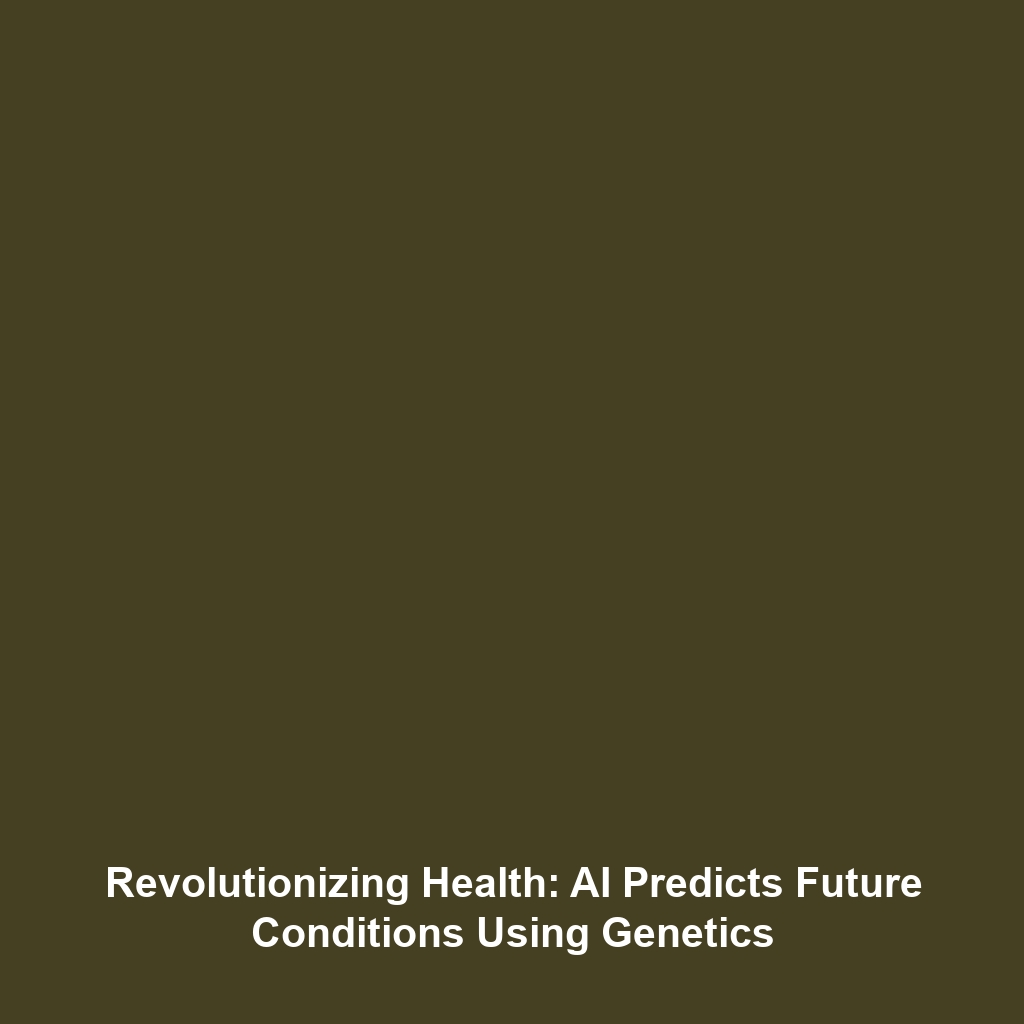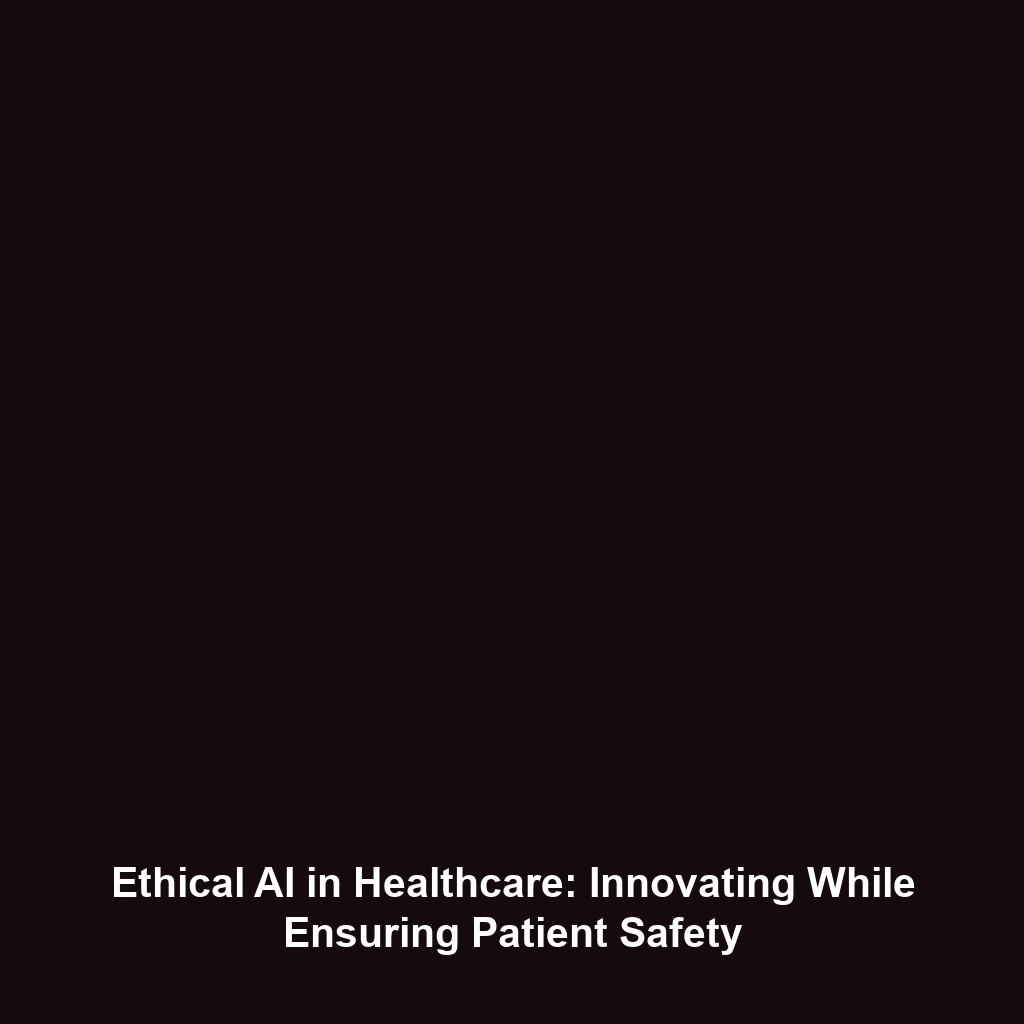AI vs. Traditional Healthcare: Differences in Approach
Introduction
The surge of artificial intelligence (AI) in healthcare has sparked critical conversations about its advantages over traditional healthcare methods. Understanding the differences in approach between AI and conventional healthcare is significant as it shapes patient outcomes, efficiency, and overall healthcare delivery. As technology rapidly evolves, AI is proving to be a transformative force in the medical field, enabling more accurate diagnostics, personalized treatment plans, and improved patient care channels. This article delves into the key distinctions between AI and traditional healthcare, emphasizing the broader implications for AI in healthcare.
Key Concepts
AI in Healthcare
AI in healthcare encompasses the use of machine learning, natural language processing, and robotics to enhance medical practices. The integration of AI aims to streamline operations, reduce human error, and provide data-driven insights for better decision-making.
Traditional Healthcare
Traditional healthcare relies on human expertise, tactile skills, and established protocols to guide medical care. This approach emphasizes face-to-face interactions, manual data recording, and a patient-centered philosophy, which have been cornerstones of medicine for decades.
Differences in Approach
- Decision-Making: AI utilizes algorithms and vast datasets to assist in clinical decision-making, whereas traditional care depends heavily on clinician judgment and experience.
- Data Processing: AI can process and analyze large volumes of data quickly, while traditional methods may rely on slower, manual data reviews.
- Patient Interaction: AI solutions, such as chatbots, provide instantaneous responses and support, while traditional healthcare often involves scheduled appointments and in-person visits.
Applications and Real-World Uses
How AI is Used in Healthcare
The practical uses of AI in healthcare have expanded rapidly, demonstrating its capabilities to augment traditional medical practices. Here are a few significant applications:
- Diagnostic Imaging: AI algorithms aid radiologists by improving image analysis and early disease detection.
- Personalized Medicine: Machine learning models can analyze the genetic profile of patients to tailor treatment options.
- Remote Monitoring: Wearable technologies combined with AI provide real-time health data, improving chronic disease management.
Current Challenges
Challenges of AI in Healthcare
Despite the promising advancements, numerous challenges persist in integrating AI into healthcare systems:
- Data Privacy: Protecting patient information while using AI is complex, raising ethical concerns.
- Integration: Merging AI technologies with existing healthcare infrastructures can be cumbersome.
- Training and Expertise: There is a shortage of trained healthcare professionals who can effectively operate AI tools.
Future Research and Innovations
Next-Gen Technologies in AI Healthcare
The future of AI in healthcare holds immense potential with innovations such as:
- Predictive Analytics: Enhanced models that foresee patient outcomes based on historical data.
- Telemedicine AI: AI-driven platforms that improve remote consultations and diagnostics.
- Robotic Surgery: Advanced robotics that assist surgeons in performing precise procedures with reduced recovery times.
Conclusion
AI and traditional healthcare approaches showcase stark differences in their methodologies, with AI poised to drive significant change within the industry. Understanding these differences is vital not only for healthcare professionals but also for patients seeking optimal care strategies. As we continue to explore the applications, challenges, and innovations associated with AI in healthcare, stakeholders must remain informed and engaged in these evolving discussions. For more information on AI developments in healthcare, consider exploring our related articles on predictive analytics and robotic surgery advancements.


